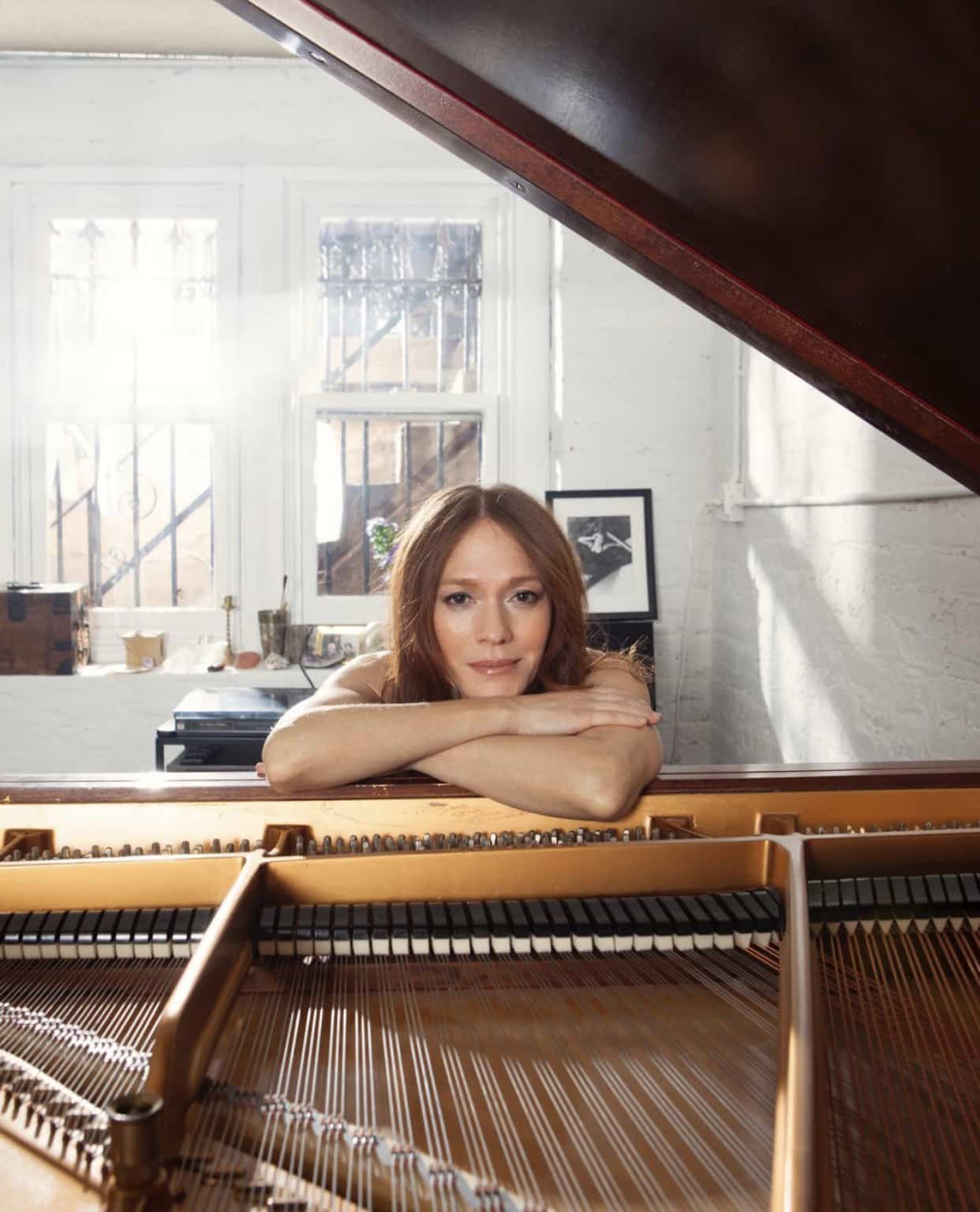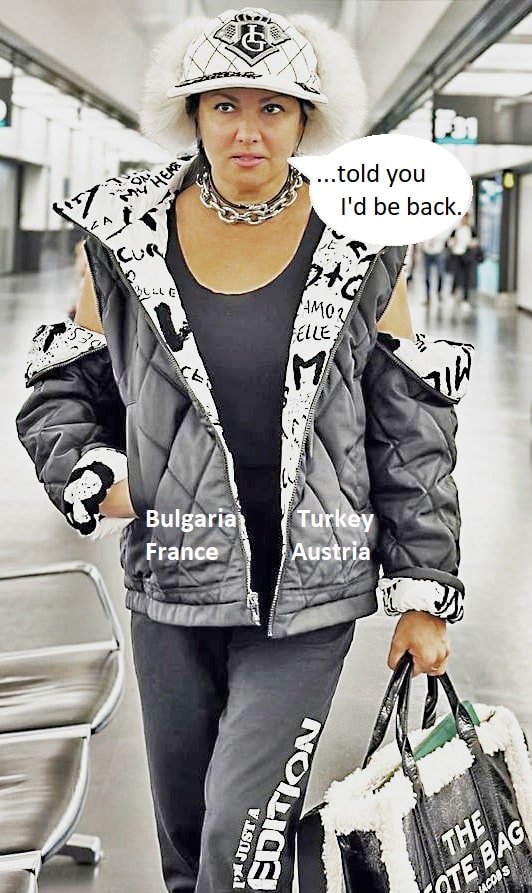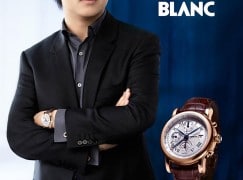Small hand Luke: A piano festival for little fingers
NewsThe third Stretto Piano Festival will tak place from July 15-23 at Baruch Performing Arts Center, New York. The festival features the Stretto piano, which has narrower keys and ‘makes piano playing more equitable, comfortable and easy for all hand sizes’.
Participants include composer David Amram and pianist Christopher O’Riley.
Hannah Reimann (pic) is the festival’s creator.
More here.






Comments